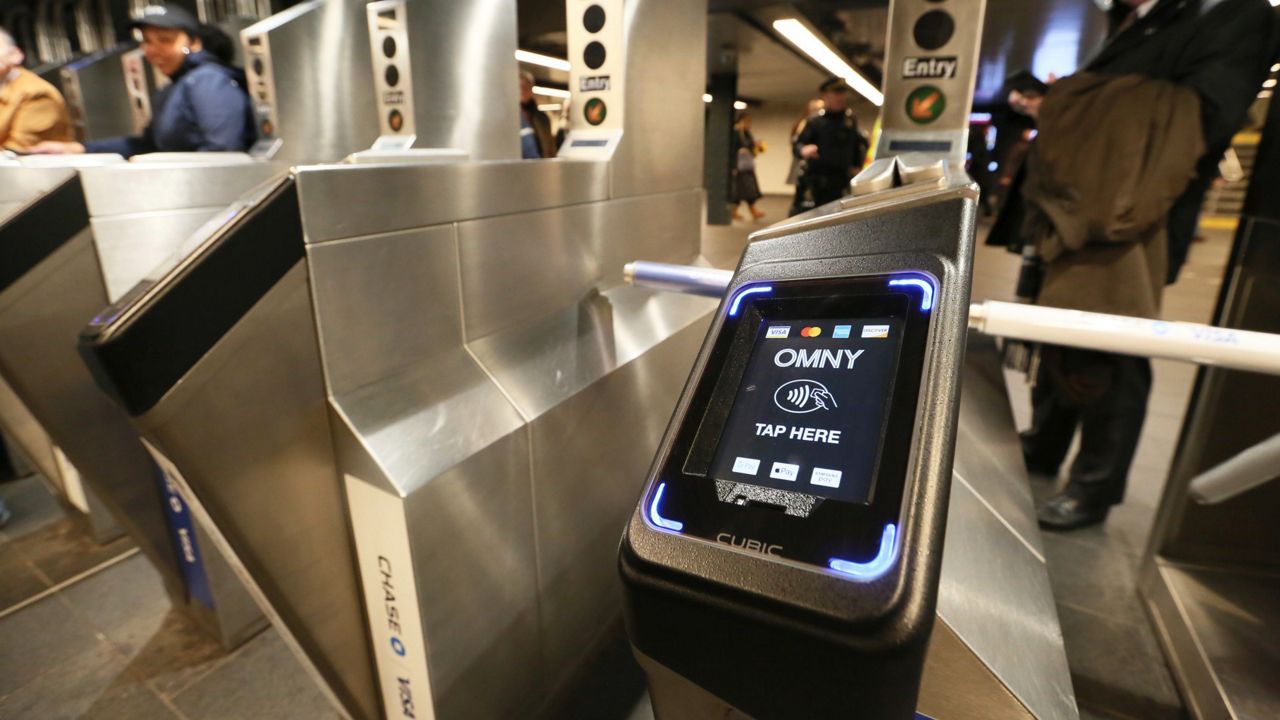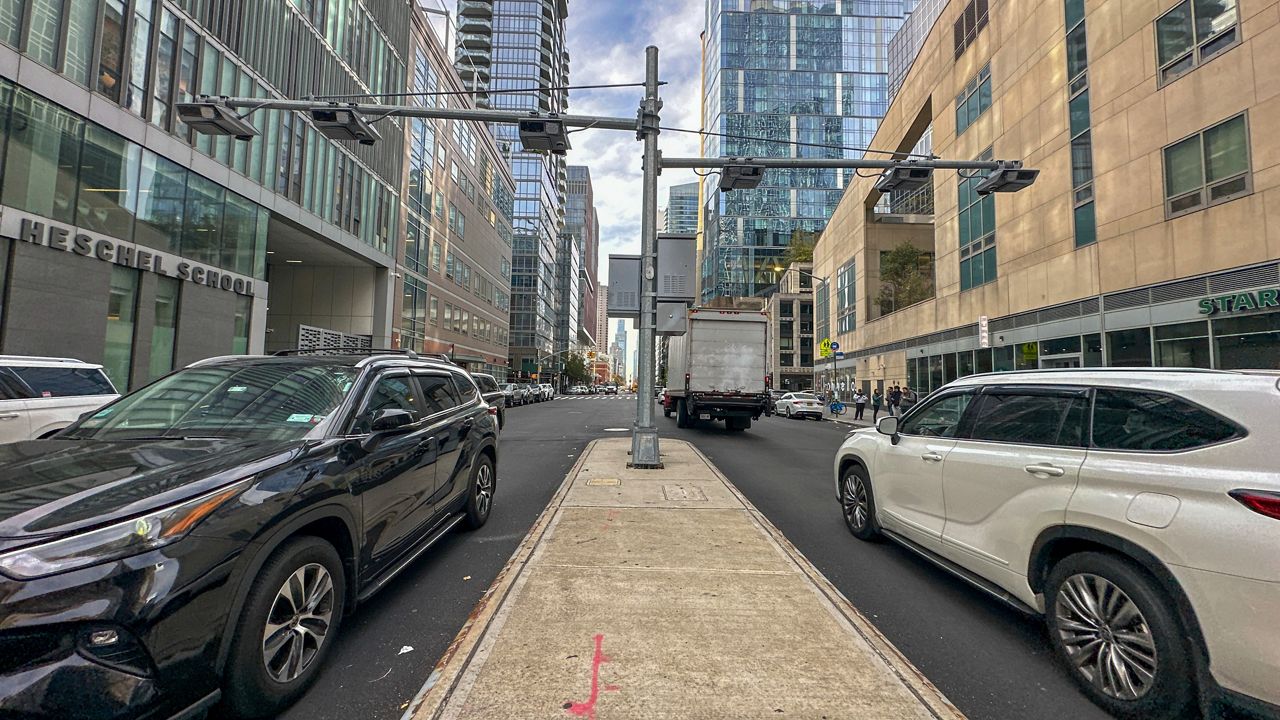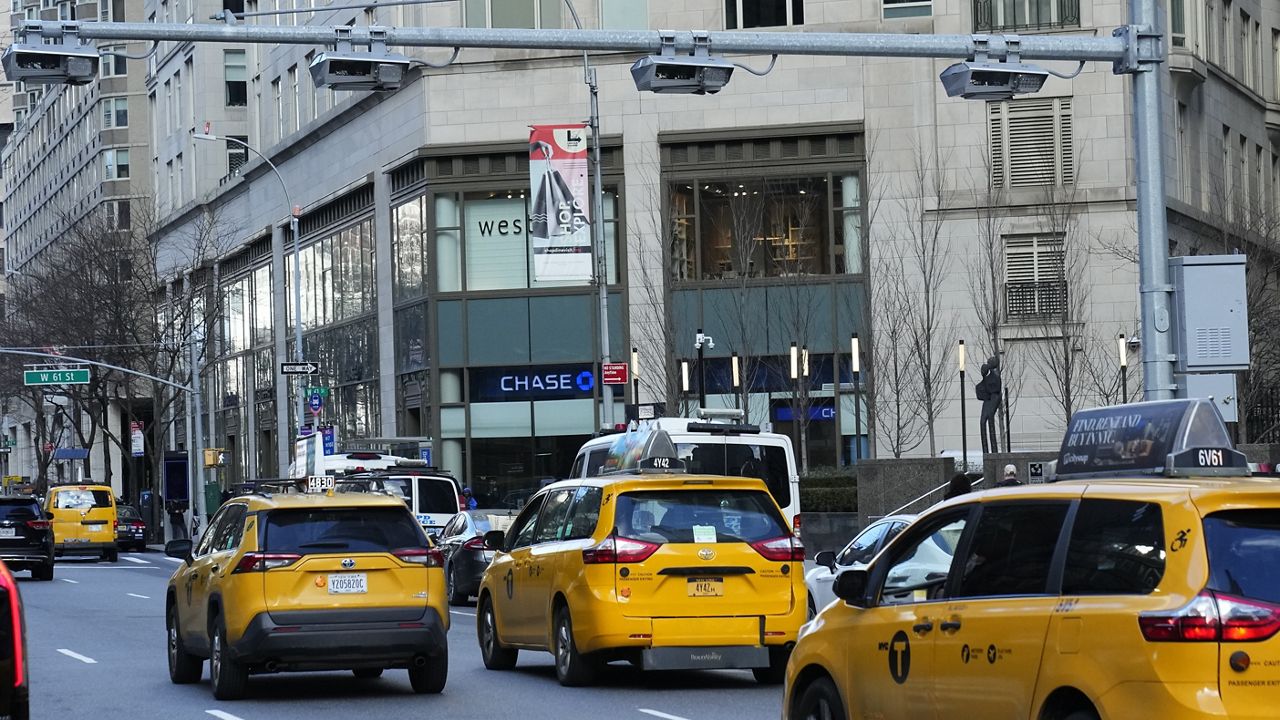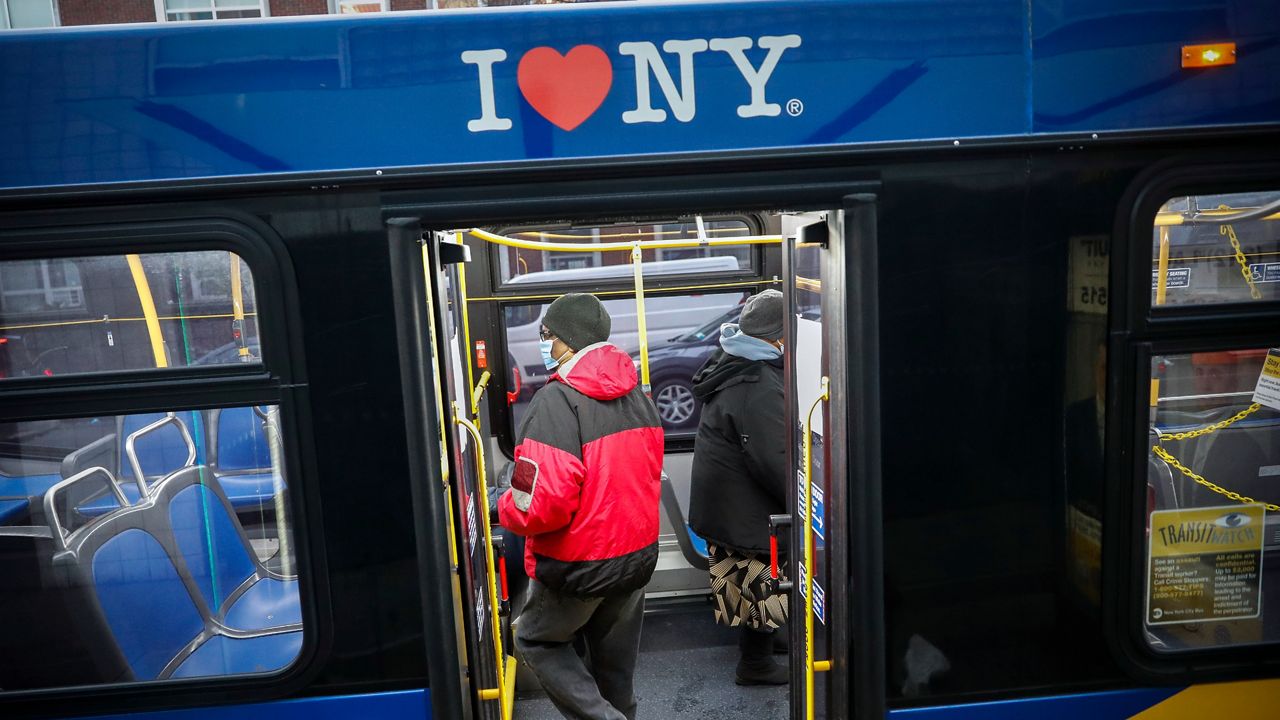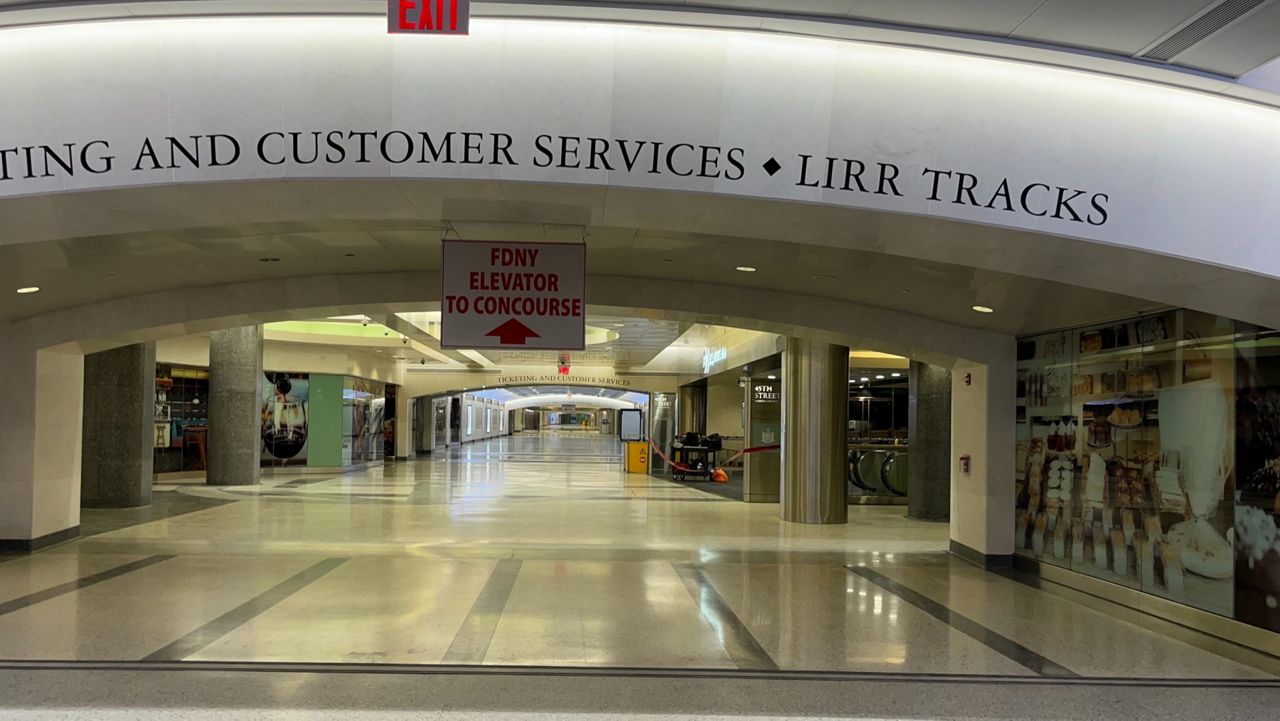The board of the MTA adopted a $19.4 billion budget Wednesday that leaves a $600 million hole to be filled by elected officials, and opens the door to increases in ticket fares and car tolls.
The MTA's budget assumes a revenue increase of 5.5% for 2023 from fare hikes. They wouldn’t come until the middle of next year — and could be prevented by a significant surge in funding from city, state or federal sources, MTA chairman Janno Lieber said after the vote.
“We have to look to Washington, Albany and City Hall for answers to those questions before we can consider what the scale of a fare increase has to be,” he said.
Officials also settled on a plan to increase the number of weekend trains while slightly reducing the number of trains running during the late hours of the morning rush period on Mondays and Fridays — a change they said amounts to a 0.2% service reduction across the system.
The changes are “solely based on ridership patterns,” with fewer white-collar workers commuting to arrive at work between 9 and 10 a.m. on those days, said New York City Transit president Richard Davey. The earlier rush period, he said, will continue to run on its current schedule.
The service changes will go into effect in June of next year.
The MTA’s budget plan projects that the subway and commuter rails will be able to reduce spending by $100 million in 2023 and by $400 million in the three successive years. It also assumes that ridership will return to 80% of pre-pandemic levels by 2026, that fare evasion will decrease considerably and that broader economic problems, like inflation and a possible recession, will turn out to be mild.
Board members, who voted unanimously to adopt the budget, said they supported the financial plan, but expressed serious concerns about the agency’s financial outlook. Several said they did not want to see further service reductions, and that their vote for the budget did not mean they would support potential fare hikes.
“This is a transit death spiral, and I’m deeply concerned,” said Midori Valdivia, a board member appointed by Mayor Eric Adams earlier this year.
Lieber noted that, due to rules that require a public input period on increases to fares, the MTA had tasked a staff working group to create a proposal for raising ticket costs, even if they can be avoided by higher government funding. He said that the board would wait at least two more months before scheduling a public hearing.
“We’re taking the initial steps procedurally,” Lieber said. “The reason that we have put off, until at the earliest February, even scheduling a fare hearing is we need to see what's happening in the other capitals.”
In public comments, unions and rider advocacy groups criticized the plan to increase fares and reduce service during parts of the Monday and Friday rush periods.
Aaron Morrison, a train operator and a vice chair for Transit Workers Union Local 100, said that fewer trains meant frustrated commuters, which leads to assaults on subway workers, such as with hot liquids thrown at them.
“Those cups of coffee that you have on your desk? They’re weapons of mass destruction for bus operators, train operators and conductors,” Morrison said.
One rider advocate tallied five assaults against transit workers in the past week. An ongoing tally of assaults and harassment against transit workers shows that reported incidents have declined in recent months compared to the first half of the year.
Lieber said the MTA still hopes to open its new Grand Central Madison station for the Long Island Rail Road by the end of the year, but is being delayed by issues with testing the smoke ventilation system. Specifically, there is a single fan above an escalator that has underperformed in moving smoke out of the terminal and into the ventilation ducts.
“That is literally the only thing that is keeping us from opening at this point,” Lieber said. “An $11 billion project is depending on that fan.”




